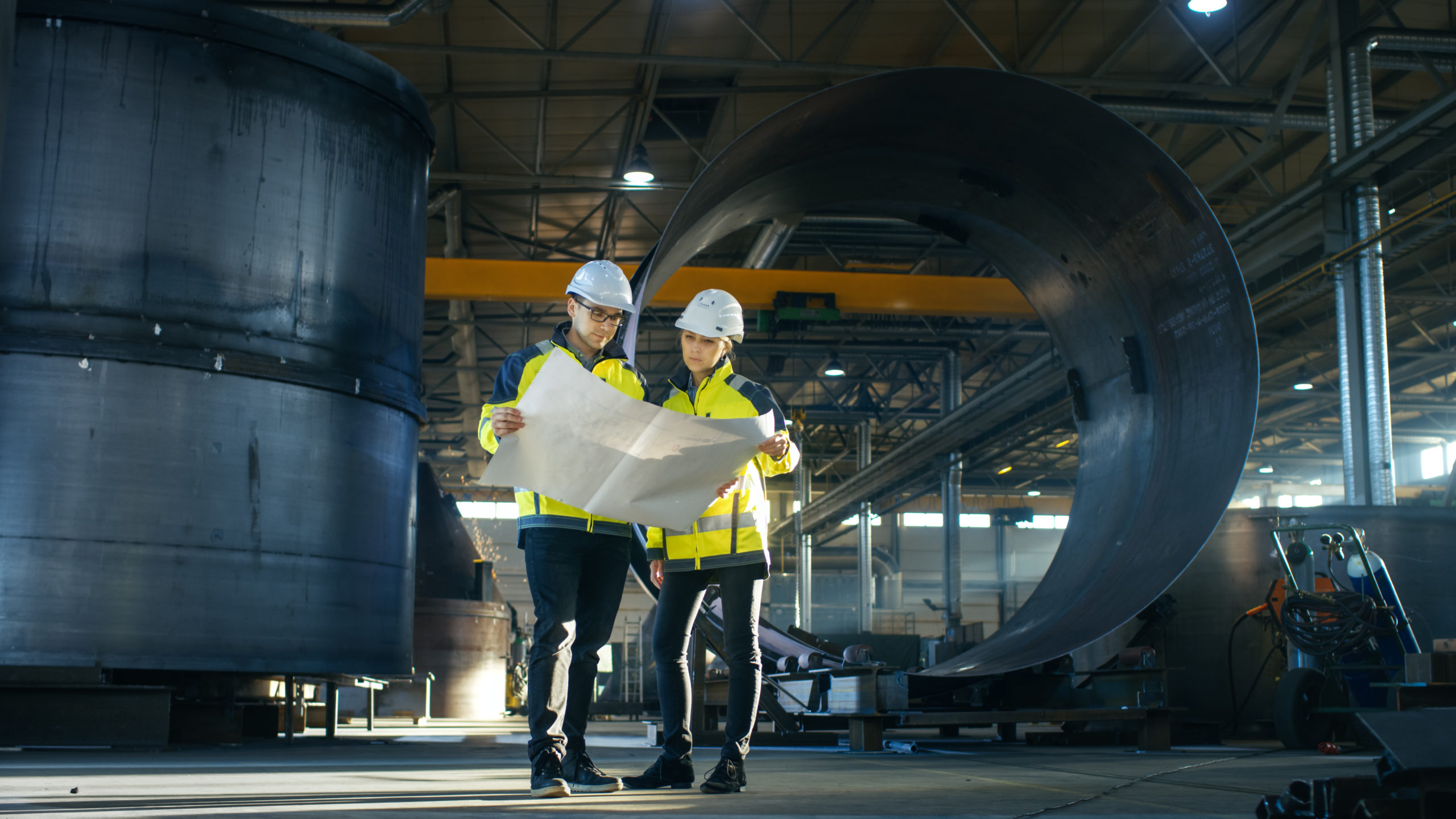Engineering

Engineering is a great career for a number of reasons. Engineering work is challenging, creative and rewarding. Engineering Practitioners move from one project to another, each with their own unique set of problems and solutions.
Education
Students have two basic options when it comes to choosing a course: to select a general programme that provides an overview before allowing students to specialise, or a specialised programme if you know exactly which branch of engineering is for you.
There are a number of general introductory degrees are available from NUI Galway, Trinity College, University of Limerick, DCU, DIT, Cork IT, UCD, and IT Blanchardstown. Students learn the fundamental principles of engineering (chemistry, physics, applied maths, etc. ) in year one, before specialising from year two onwards.
Many different colleges provide different specialist options (e. g. Civil, Mechanical, Electronic, Computer, and a joint Electronic/Computer programme in Trinity; Computer Engineering or Mechatronics in Blanchardstown), so you will need to do a little research beforehand.
There are a wealth of specialist Engineering programmes also appears in the CAO Handbook. A non-exhaustive list includes Electrical/Electronic Engineering, Mechanical Engineering, Civil Engineering, Chemical Engineering, Computer Engineering, and Biomedical Engineering. Awards are available from Level 6 to Level 8. Although the subjects are hugely diverse, there are common themes such as the development of scientific understanding, mathematical ability, and problem-solving skills.
The Work
Those who work as civil engineers are a part of every element of the construction process, from the planning stage right through to the cutting of the ribbon on the finished building, road, facility, or pipeline. General civil engineers work closely with builders, surveyors, and specialised civil engineers to oversee all elements of a project, dealing with the site, people, and materials involved.
Electronic engineers are those who will work in many industries. In telecommunications they design, install, and maintain transmitters, satellite equipment, and the ever-expanding range of IT devices. The installation, upkeep, and improvement of manufacturing equipment and systems also require the services of an electronic engineer.
Electronic engineers will also play a key role in the design of new products – everything from mobile phones to aeroplanes. They use Computer-Aided Design (CAD) to produce models of the product. This is then tested to ensure that it works properly, and to allow the engineer to smooth out any problems in the design. The final step can then be to oversee the production of the new product on a large scale.
Mechanical engineers ogten design, build, and install new products or machinery, or improve existing models or products. Whether you end up working on jet engines, prosthetic limbs, or software programmes, the principles are basically the same. Research and development involves lots of time spent in the laboratory, carrying out tests and feasibility studies; using complex machinery and computers to work out which material is ideal, how the device should work, which components are required, and so on.
When a product is ready to be built, a prototype is designed (this could be a miniature model, life-size replica or computer simulation) and subjected to rigorous testing – both in the laboratory/factory and in the real world.
Did you know?
The world’s most expensive engineering project is the International Space Station (ISS). A joint project between five participating space agencies, the total estimated cost of the ISS is thought to be around $150 billion.


Leave a comment